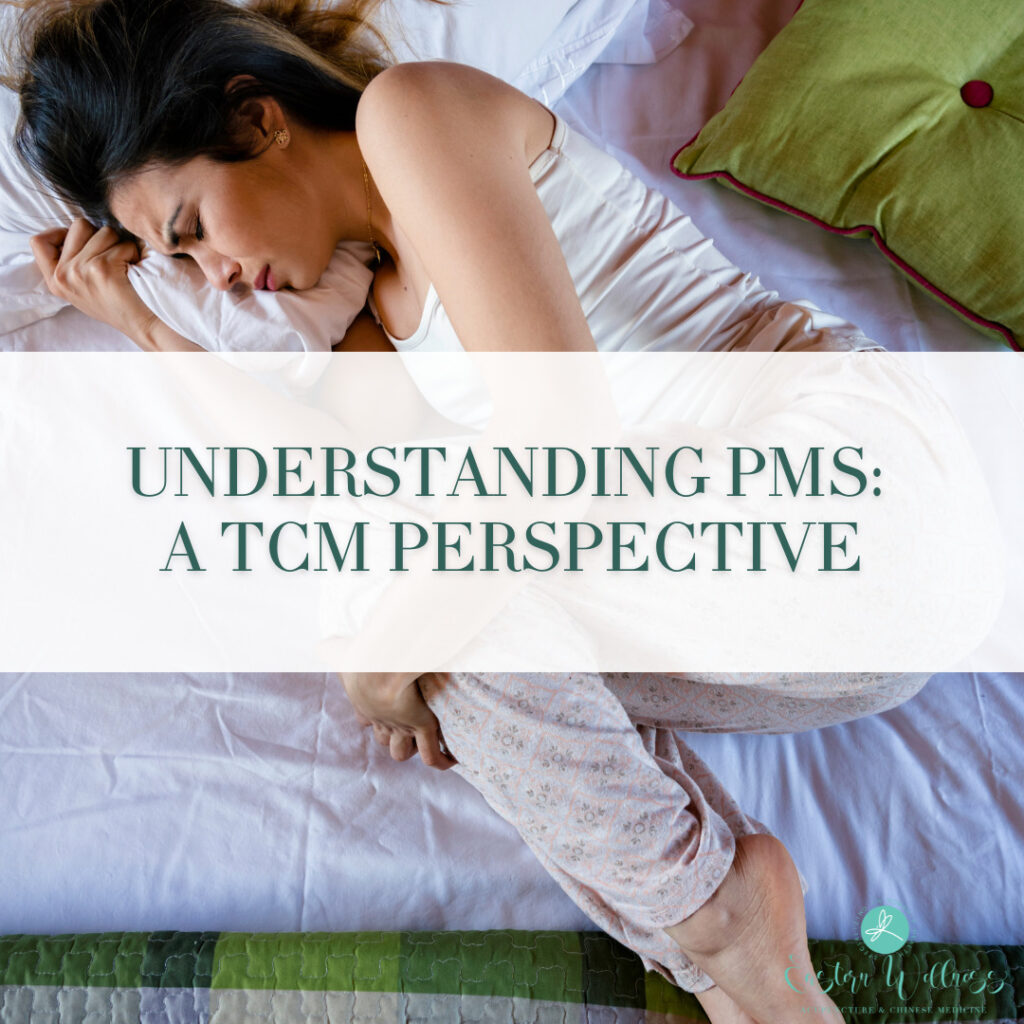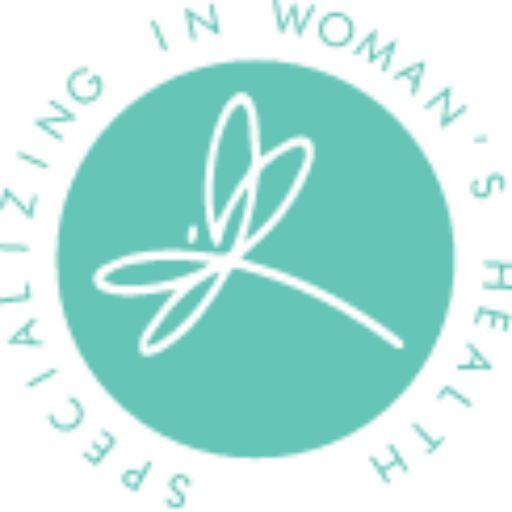
Understanding PMS: A Traditional Chinese Medicine (TCM) Perspective
PMS is a condition familiar to many women, characterized by a range of physical and emotional symptoms that complicate daily life. In Traditional Chinese Medicine (TCM), PMS isn’t viewed merely as a series of symptoms to be masked; rather, it’s seen as a signal that something in the body’s balance is amiss. Understanding PMS is crucial not just for women but for everyone, as it fosters better support within families and communities. This perspective doesn’t just aim to mask symptoms but seeks to address the root causes and restore natural harmony.
TCM View on Menstruation
In TCM, menstruation is a significant physiological function dependent on the intricate coordination of various body systems. While Western medicine focuses on the interplay of the nervous, hormonal, and reproductive systems for menstruation, TCM interprets these processes as reflections of the body’s energetic balance.
Key TCM Concepts for Understanding Menstruation:
- Kidney and Tian Kui:
- The Kidney is pivotal in TCM for reproductive health, storing Jing (essence) crucial for growth, development, and reproductive functions.
- Tian Kui involves the transformation of Kidney essence into menstrual flow, crucial for the onset and regulation of menstruation.
- Chong and Ren Meridians:
- Chong Meridian (Sea of Blood): Regulates menstrual blood and ensures smooth flow, crucial for cycle regularity and health.
- Ren Meridian (Conception Vessel): Governs the uterus and connects deeply with reproductive functions, influencing menstruation.
- Bao Gong (Palace of the Fetus): Refers to the uterus and ovaries where the coordination of Kidney essence and meridian activity culminates in menstruation. The health of Bao Gong is essential for a regular and healthy cycle.
Disruptions in these areas can lead to imbalances and abnormal menstrual flow, manifesting as irregular periods, pain, or other menstrual disorders. The seamless interaction among the Kidney, Tian Kui, Chong and Ren Meridians, and Bao Gong is crucial for maintaining a balanced and healthy menstrual cycle.
Understanding and Managing PMS
PMS encompasses a variety of symptoms that typically emerge 7 to 10 days before menstruation and subside with the onset of the period. Symptoms vary widely but can include headaches, breast tenderness, emotional shifts, fatigue, and more. These are often due to hormonal shifts involving estrogen, progesterone, and neurotransmitters like serotonin and dopamine.
TCM Approach to PMS:
- Excess Symptoms: Often manifest as liver Qi stagnation, characterized by anxiety, irritability, and sometimes insomnia. This occurs when the Qi flow is obstructed by stress, hormonal imbalances, or inadequate physical activity.
- Home Care Tips:
- Avoid sugar and alcohol to support estrogen metabolism and stabilize mood.
- Self-massage on acupoints like L3 and LI4 to alleviate symptoms.
- Home Care Tips:
- Deficiency Symptoms: Linked to imbalances where depressive states, weight gain, and water retention are prevalent, often tied to spleen Qi deficiency.
- Home Care Tips:
- Consume whole foods, particularly root vegetables, to fortify spleen Qi, enhance digestion, and prevent fluid retention.
- Incorporate gentle physical activities to stabilize mood and manage symptoms.
- Use acupressure on points like SP6, SP9, and ST36 to stimulate endorphin production and boost overall well-being.
- Home Care Tips:
TCM offers a holistic approach to understanding and managing PMS, emphasizing the importance of internal balance and the flow of Qi. By addressing both the physical and emotional aspects of PMS through diet, lifestyle adjustments, and targeted therapies, TCM provides tools not only for symptom relief but for fostering long-term health and well-being.


